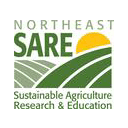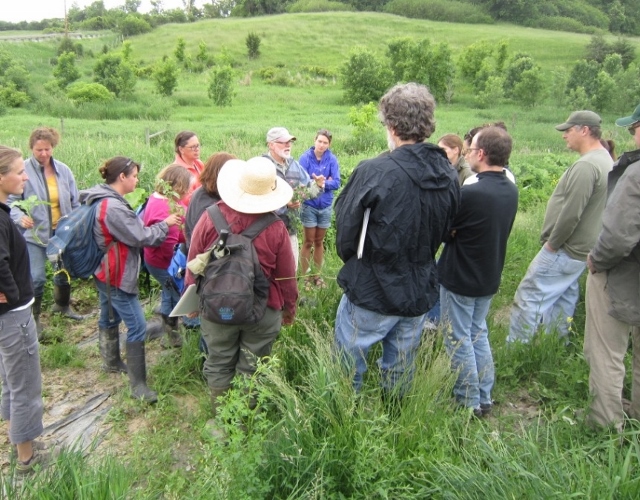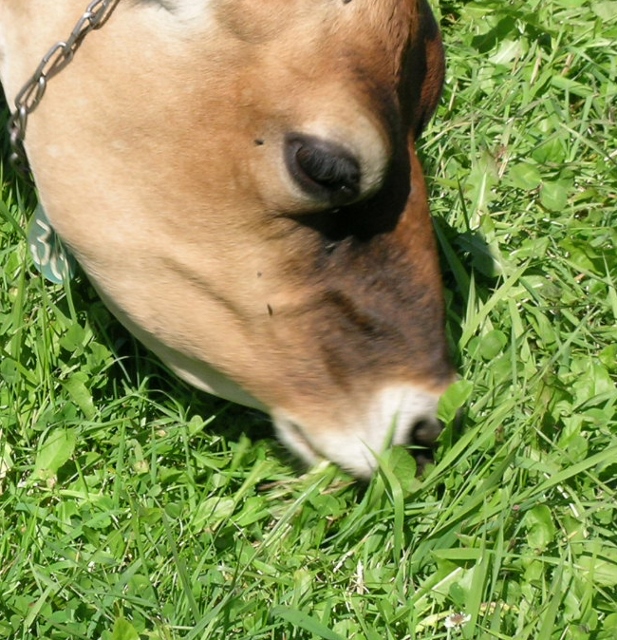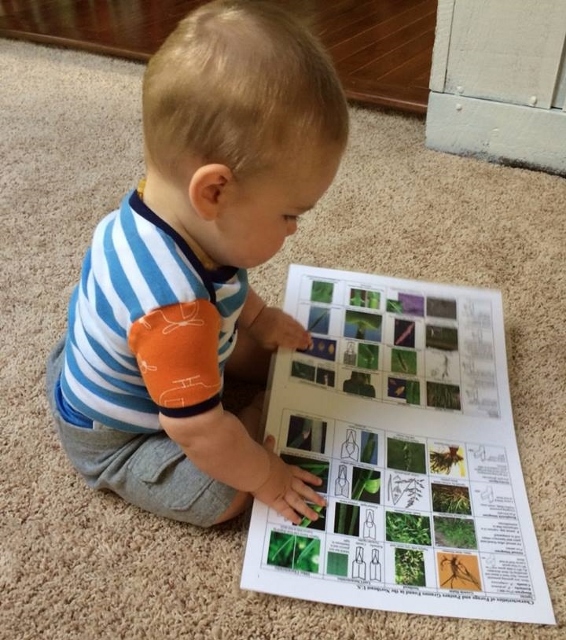







Note: This project was completed in 2016. The valuable resources produced are now being hosted by the Northeast Pasture Consortium
Forage and Weed Plant Basics and Identification
The following are materials and some links that may be helpful for identifying our common forage and pasture species as well as the most common weeds.
Forage and Pasture Plant Identification
| Northeast SARE is a regional program of the nationwide SARE which offers competitive grants to projects that explore and address key issues affecting the sustainability and future economic viability of agriculture. The program is authorized under Subtitle B of Title XVI of the Food, Agriculture, Conservation, and Trade Act of 1990. It's wider mission is to advance, to the whole of American agriculture, innovations that improve profitability, stewardship, and quality of life by investing in groundbreaking research and education. For more information go to, http://www.nesare.org/ |